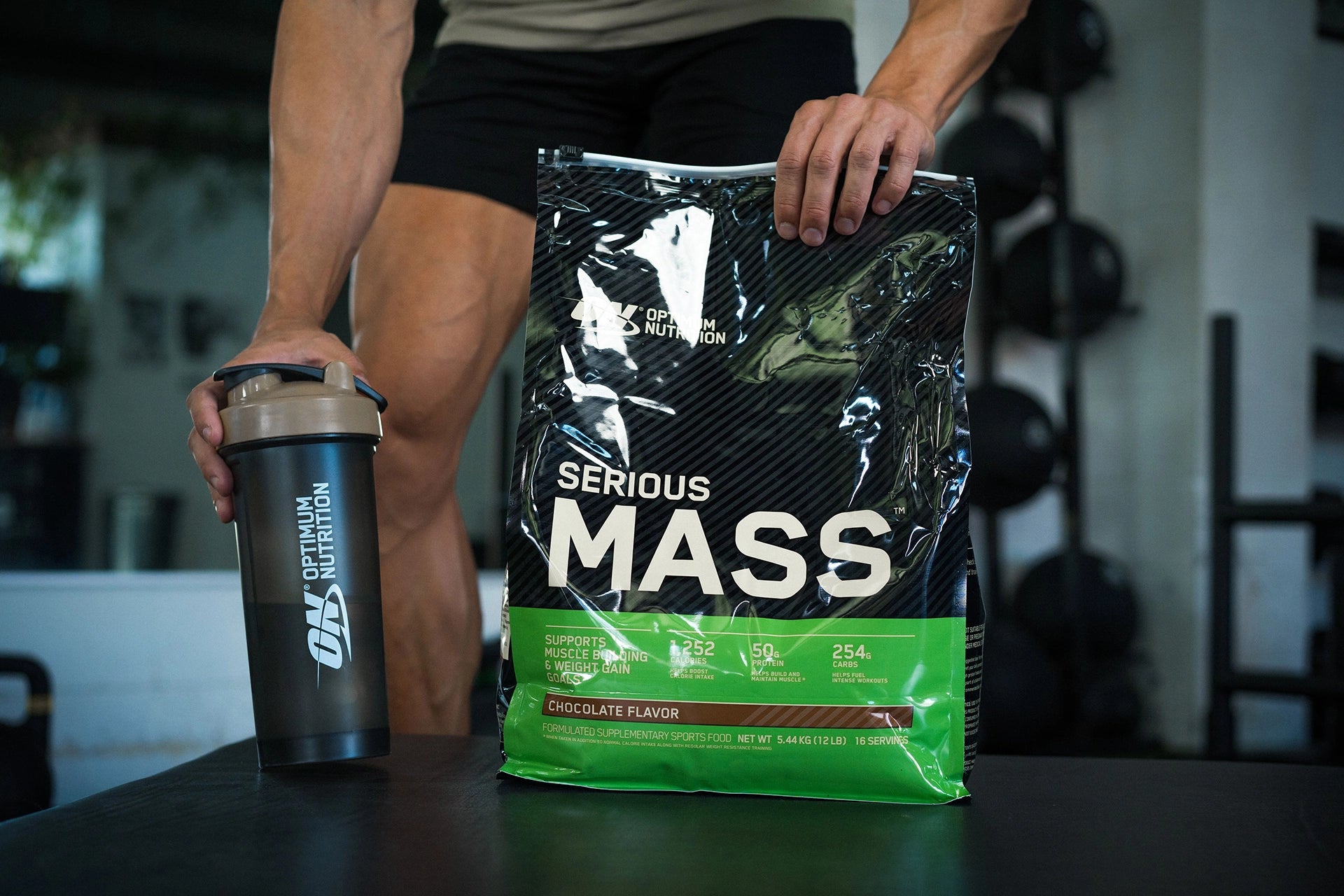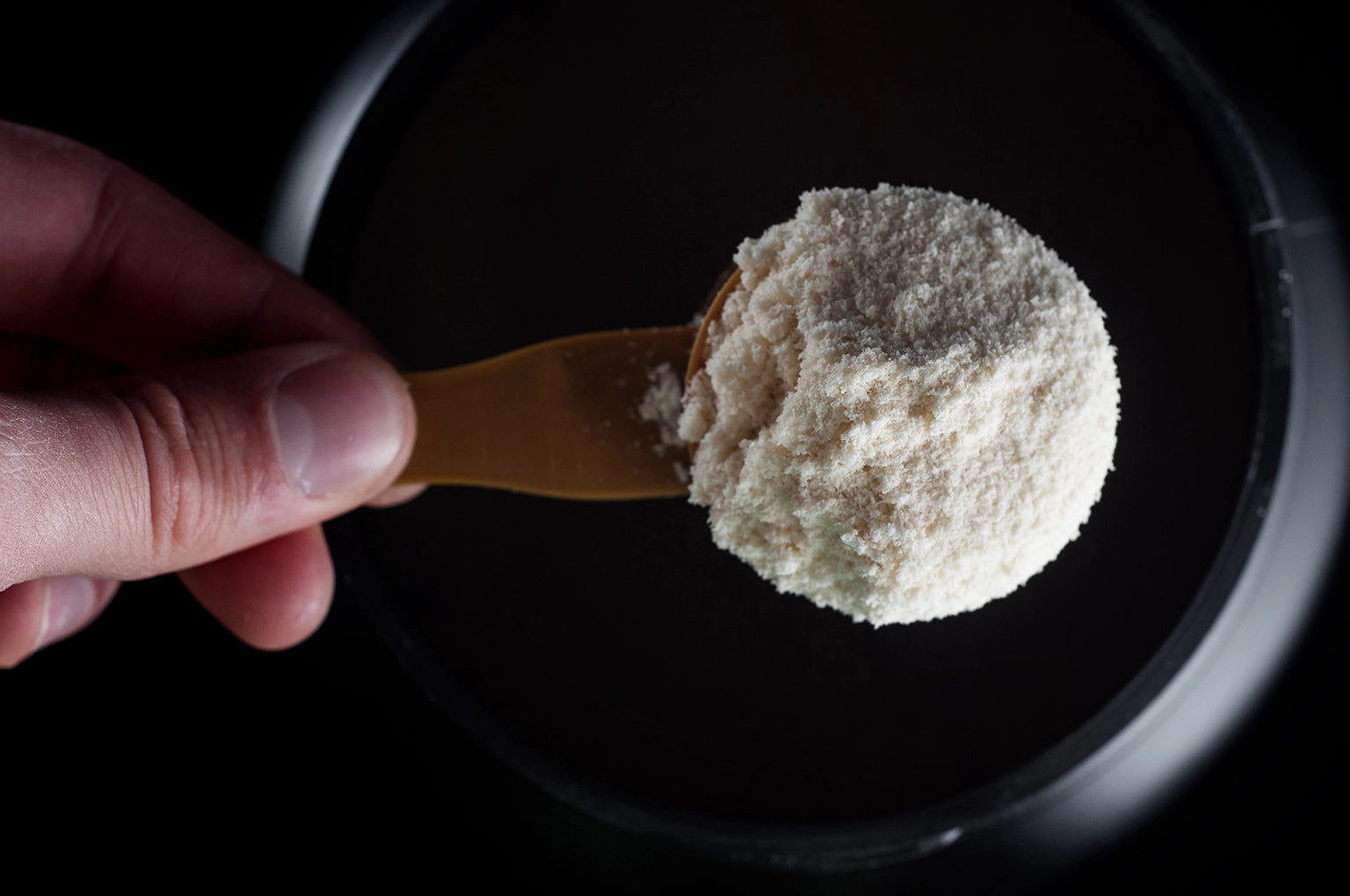Building muscle is a goal that many individuals strive to achieve. Whether you're an athlete looking to improve performance or someone who wants to increase muscle mass for aesthetic reasons, the process of muscle building requires dedication, consistency, and the right approach. In addition to a well-balanced diet and regular exercise, supplements can play a crucial role in supporting muscle growth and recovery. In this article, we'll explore some of the best supplements for serious gains in 2024 and answer common questions related to muscle building.

How to Build Muscle Quickly
Building muscle quickly requires a combination of factors, including a balanced diet, regular exercise, and adequate rest. A diet rich in protein, carbohydrates, and healthy fats provides the necessary nutrients for muscle growth and repair. Protein, in particular, is essential for muscle building, as it provides the amino acids needed to repair and build new muscle tissue.
In addition to nutrition, regular exercise is crucial for muscle growth. Resistance training, such as weightlifting, stimulates muscle growth by causing small tears in the muscle fibres, which then repair and grow stronger during rest. It's important to vary your workouts and focus on different muscle groups to ensure balanced muscle development.
Finally, adequate rest and recovery are essential for muscle growth. Muscles need time to repair and grow stronger after intense workouts, so it's important to allow for rest days and prioritise sleep for optimal recovery.
How Long Does It Really Take to Build Muscle?
The time it takes to build noticeable muscle varies from person to person and depends on several factors, including genetics, diet, exercise routine, and consistency. On average, individuals may start to see noticeable muscle gains within a few weeks to a few months of consistent training and proper nutrition. However, significant muscle growth typically takes several months to a year or more.
Consistency is key when it comes to building muscle. Regular exercise and a balanced diet are essential for maintaining muscle mass and preventing muscle loss. It's important to set realistic goals and be patient with the process, as muscle building is a gradual and continuous process.
Do You Need to Lift Heavy to Build Muscle?
Lifting heavy weights is one way to stimulate muscle growth, but it's not the only way. Progressive overload, which involves gradually increasing the weight or resistance over time, is a key principle in muscle building. This can be achieved through various methods, including increasing the number of repetitions, sets, or intensity of exercises.
It's important to note that lifting heavy weights requires proper form and technique to prevent injury. It's also essential to listen to your body and avoid overtraining, as this can hinder progress and increase the risk of injury.
What Happens If You Lift Weights But Don't Eat Enough Protein?
Protein is essential for muscle growth and repair. When you lift weights, you create micro-tears in your muscle fibres, and protein helps repair these tears and build new muscle tissue. Without enough protein in your diet, your muscles may not have the necessary building blocks to repair and grow, which can hinder muscle growth and recovery.
In addition to protein, carbohydrates and healthy fats are also important for muscle building. Carbohydrates provide energy for workouts, while healthy fats support hormone production and overall health.
How Many Times a Week Should I Lift Weights to Gain Muscle?
The frequency of weightlifting workouts depends on several factors, including your experience level, goals, and recovery time. Beginners may benefit from two to three full-body workouts per week, while more experienced individuals may benefit from a split routine that targets different muscle groups on different days.
It's important to allow for adequate rest and recovery between workouts, as this is when muscle growth occurs. Overtraining can hinder progress and increase the risk of injury, so it's essential to listen to your body and adjust your workout frequency accordingly.

What Is the Most Effective Supplement for Bulking?
There are several supplements that can support muscle growth and recovery, but some of the most popular and effective ones include protein powders, creatine, and branched-chain amino acids (BCAAs).
Protein powders are a convenient way to increase your protein intake, especially for individuals who have trouble meeting their protein needs through whole foods alone. Whey protein, in particular, is a fast-digesting protein that can be consumed before or after workouts to support muscle recovery and growth.
Creatine is a naturally occurring compound that is found in small amounts in foods like meat and fish. It's one of the most researched supplements for muscle building and has been shown to increase muscle mass, strength, and exercise performance. Creatine can be taken as a supplement in the form of creatine monohydrate, which is the most studied and effective form.
BCAAs are a group of essential amino acids that are important for muscle protein synthesis and recovery. They can be taken before, during, or after workouts to support muscle growth and reduce muscle soreness.
Is Creatine Good for Bulking?
Creatine is a popular supplement for bulking because it has been shown to increase muscle mass, strength, and exercise performance. It works by increasing the amount of creatine phosphate in your muscles, which helps produce more adenosine triphosphate (ATP), the primary energy source for muscle contractions.
In addition to its muscle-building benefits, creatine has also been shown to improve cognitive function, reduce fatigue, and enhance recovery. It's generally safe and well-tolerated, but it's important to follow the recommended dosage and consult with a healthcare professional before starting any new supplement regimen.
Conclusion
Building muscle requires dedication, consistency, and the right approach. In addition to a balanced diet and regular exercise, supplements can play a crucial role in supporting muscle growth and recovery. Protein powders, Creatine, and BCAAs are some of the most popular and effective supplements for muscle building, but it's important to consult with a healthcare professional before starting any new supplement regimen. Remember to be patient with the process, as muscle building is a gradual and continuous process that requires time and effort.




Leave a comment (all fields required)